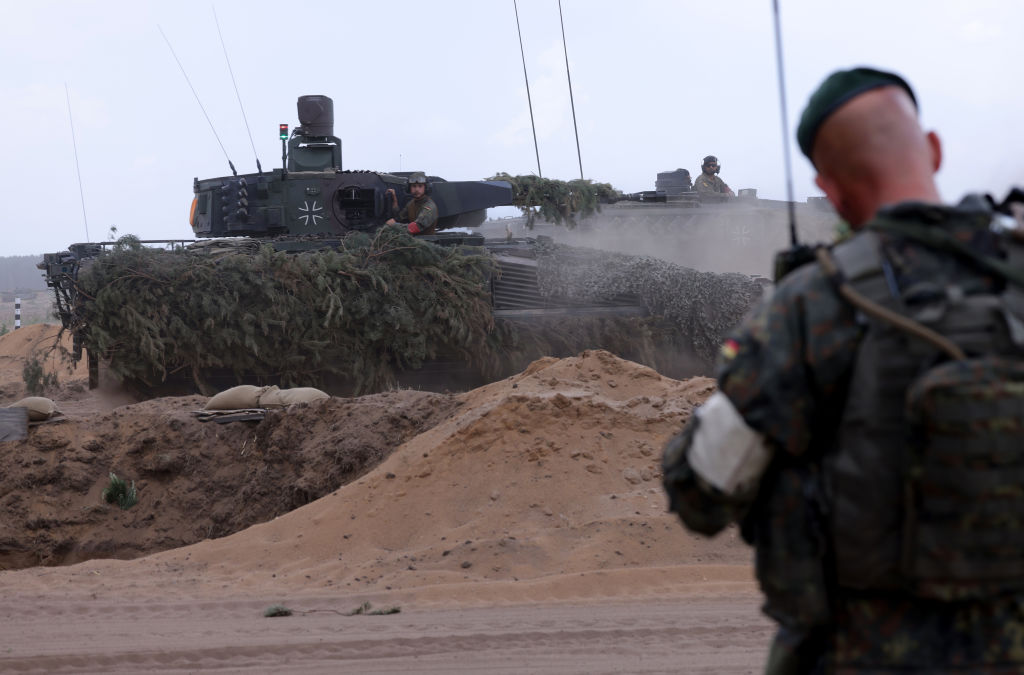At least one person has died and a further three have been injured after a cargo plane operated on behalf of shipping company DHL crashed near Vilnius airport, Lithuania.
The incident on November 25 has sparked fears of terrorism, with the crash coming after another DHL cargo flight from Germany on October 15 narrowly avoided being loaded with an explosive device linked to Russia.
Authorities said they could not rule out that a similar act of sabotage could be linked to the downing of flight BCS18D from Leipzig to Vilnius, the origin airport being the location where the first explosive device was originally found.
Operated by Spanish firm Swiftair on behalf of DHL, the Boeing 737-400 aircraft — which had reportedly been converted from a passenger configuration into a cargo one in 2015 — appeared to be on its final approach to Vilnius airport when it suddenly lost altitude.
The aircraft is said to have crashed into a housing estate just short of the runway at 3:30am, with the wreckage then damaging at least one house, setting it on fire.
A total of 12 people were reportedly evacuated from the house, although authorities claimed there were no casualties incurred on the ground.
Speaking of the crash, local authorities told the press that they were investigating the possibility of foul play.
“We cannot reject the possibility of terrorism,” said Lithuanian Counter-intelligence chief Darius Jauniskis.
“But at the moment we can’t make attributions or point fingers, because we don’t have such information.”
#Trump understands West must end #Ukraine war to pull #Russia from #China, writes ✍? @ConradMBlack
Read the full comment ?? https://t.co/GcAoDyJwdf pic.twitter.com/2XdHF9mQoJ
— Brussels Signal (@brusselssignal) November 21, 2024
The crash came after warnings that Russian authorities have been planning bomb attacks against cargo flights in the UK and Germany.
According to a report by the Wall Street Journal earlier in November, Moscow has also been aiming to sneak explosive devices on DHL flights destined for the US and Canada.
Some devices suspected of being involved in such plots were discovered in Lithuania, with local police making arrests in relation to attempts to ship the Magnesium-based incendiary devices to the UK. Similar arrests were also made in Poland.
According to the report, shipping companies have experienced several near misses involving the devices, some of which have gone off prematurely.
Should one of these have caught fire on an aircraft, experts said they would be difficult to extinguish using equipment available mid-flight.
Moscow has consistently denied all involvement.
The European Commission is under pressure regarding alleged safety issues to do with Boeing’s 737 MAX series of aircraft. https://t.co/jDHL91C7fg
— Brussels Signal (@brusselssignal) February 29, 2024





